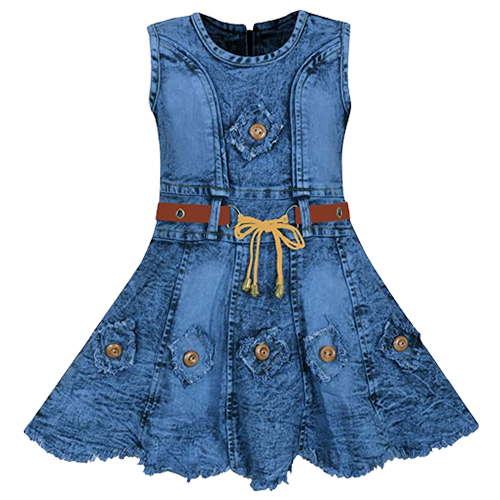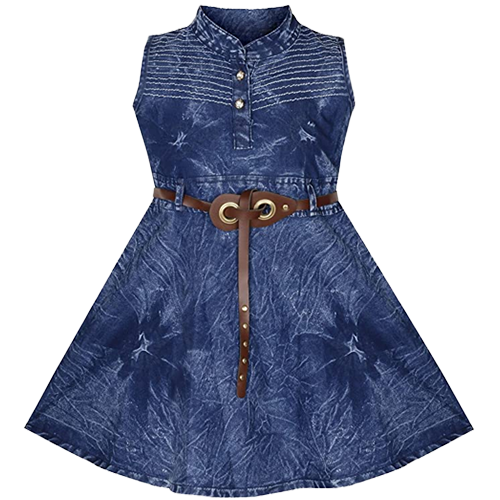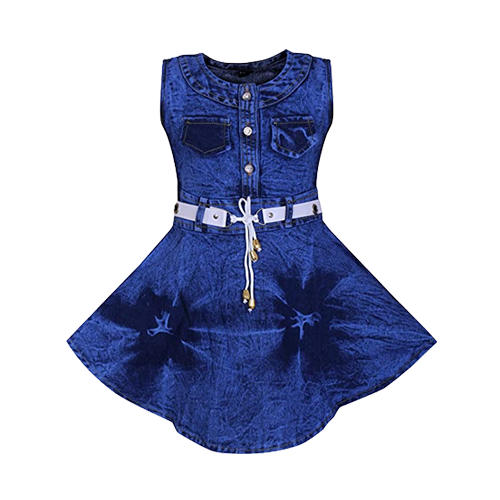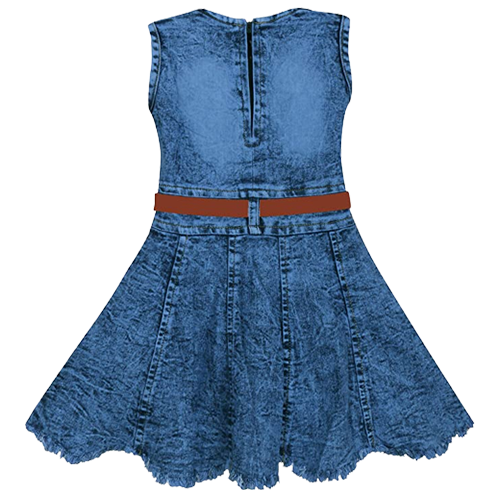.png)
Dress
Baby Girls Frocks Dress
Dior

Product Description:
a frock coat is a men's coat style of the 19th century, characterized by full skirts reaching to the lower thigh or knee. Despite the similarity in the name, the frock coat should be regarded as being a distinct garment quite separate from the frock. In the French language the frock coat is called 'une redingote' (from English "riding coat"), and so unlike the English language implies no immediate relationship to the frock which is called 'une fraque'. Indeed, the modern French word for a tail coat is "une frac" which better betrays the historical relationship between the tail coat and the frock. In construction the frock coat could scarcely be more different from the frock for unlike the latter it is usually double breasted, lacks any pockets, lacks a high collar, has V-shaped lapels, is closely fitted and is constructed with a waist seam.
Product Specification:
a frock coat is a men's coat style of the 19th century, characterized by full skirts reaching to the lower thigh or knee. Despite the similarity in the name, the frock coat should be regarded as being a distinct garment quite separate from the frock. In the French language the frock coat is called 'une redingote' (from English "riding coat"), and so unlike the English language implies no immediate relationship to the frock which is called 'une fraque'. Indeed, the modern French word for a tail coat is "une frac" which better betrays the historical relationship between the tail coat and the frock. In construction the frock coat could scarcely be more different from the frock for unlike the latter it is usually double breasted, lacks any pockets, lacks a high collar, has V-shaped lapels, is closely fitted and is constructed with a waist seam.
Product Details:
a frock coat is a men's coat style of the 19th century, characterized by full skirts reaching to the lower thigh or knee. Despite the similarity in the name, the frock coat should be regarded as being a distinct garment quite separate from the frock. In the French language the frock coat is called 'une redingote' (from English "riding coat"), and so unlike the English language implies no immediate relationship to the frock which is called 'une fraque'. Indeed, the modern French word for a tail coat is "une frac" which better betrays the historical relationship between the tail coat and the frock. In construction the frock coat could scarcely be more different from the frock for unlike the latter it is usually double breasted, lacks any pockets, lacks a high collar, has V-shaped lapels, is closely fitted and is constructed with a waist seam.
GALLERY IMAGES :


